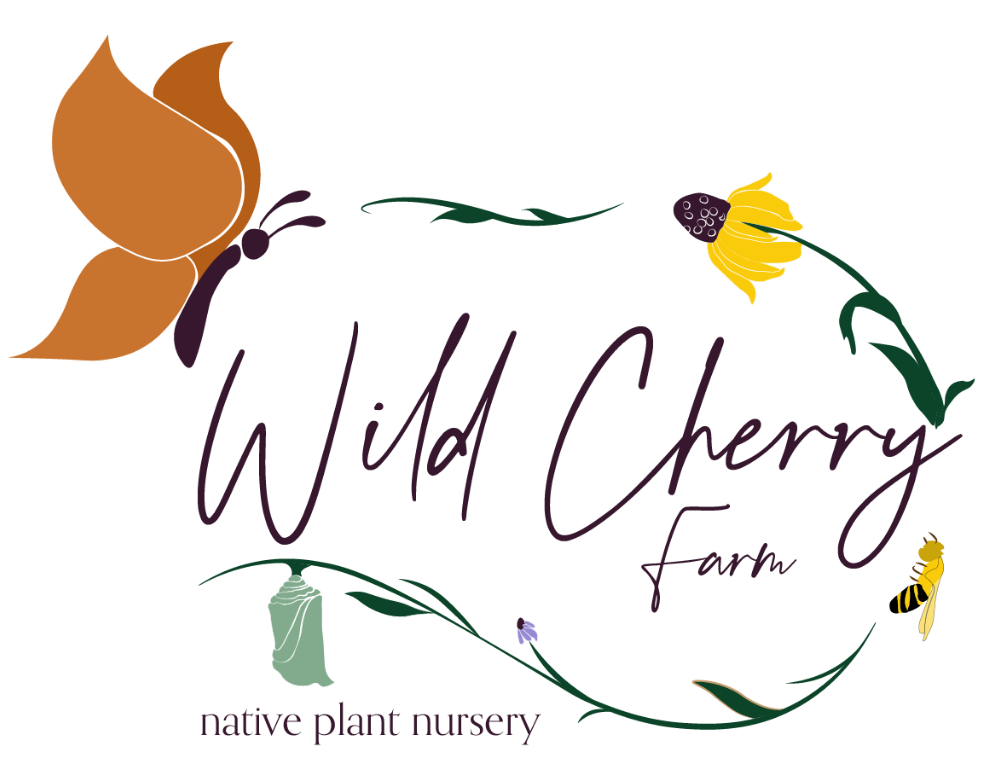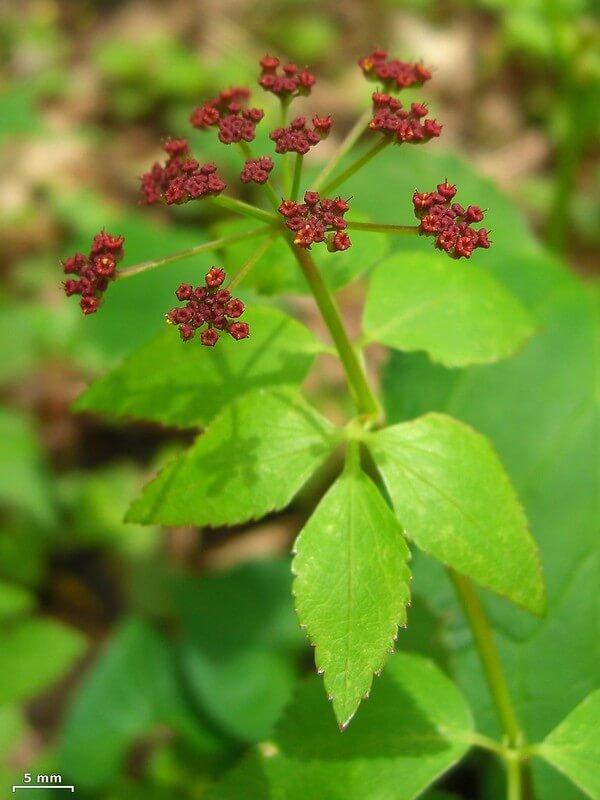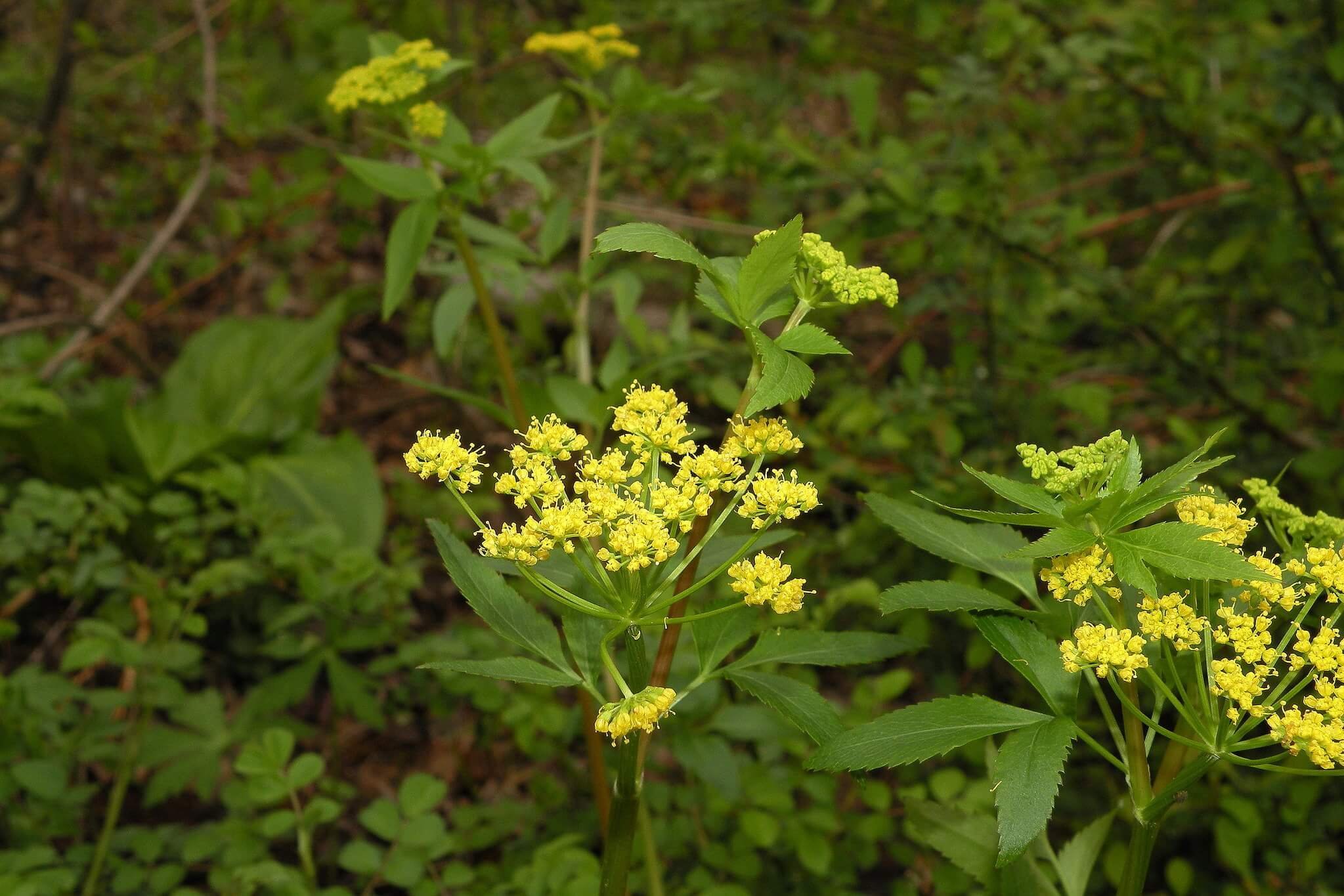Heart-Leaved Golden Alexander (Zizia aptera)
Heart-Leaved Golden Alexander attracts small bees because of its easy-to-reach nectar. It is also the host plant for the Black Swallowtail and 3 other species of butterflies and moths in our area (nwf.org). Try not to confuse this plant with the highly invasive Wild Parsnip! Heart-leaved Golden Alexander is considered threatened in Michigan (mnfi.anr.msu.edu).
Photo credit: Andrey Zharkikh (1), John Blair (2)
Heart-Leaved Golden Alexander attracts small bees because of its easy-to-reach nectar. It is also the host plant for the Black Swallowtail and 3 other species of butterflies and moths in our area (nwf.org). Try not to confuse this plant with the highly invasive Wild Parsnip! Heart-leaved Golden Alexander is considered threatened in Michigan (mnfi.anr.msu.edu).
Photo credit: Andrey Zharkikh (1), John Blair (2)
Heart-Leaved Golden Alexander attracts small bees because of its easy-to-reach nectar. It is also the host plant for the Black Swallowtail and 3 other species of butterflies and moths in our area (nwf.org). Try not to confuse this plant with the highly invasive Wild Parsnip! Heart-leaved Golden Alexander is considered threatened in Michigan (mnfi.anr.msu.edu).
Photo credit: Andrey Zharkikh (1), John Blair (2)
Life Cycle: Perennial
Sun Exposure: Full, Partial
Soil Moisture: Medium, Medium-Dry
Height: 2 feet
Plant Spacing: 10-12 inches
Bloom Time: April-May
Bloom Color: Yellow
Advantages: Pollinator Favorite, Deer Resistant, Great Landscape Plant
Host Plant: Black Swallowtail and 3 other species of butterflies and moths in our area (nwf.org).
Species of Concern: State Status: Threatened (legally protected). State Rank: Rank is uncertain, ranging from critically imperiled to imperiled (mnfi.anr.msu.edu)








